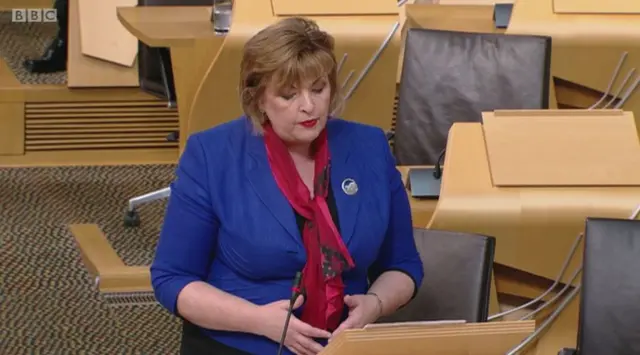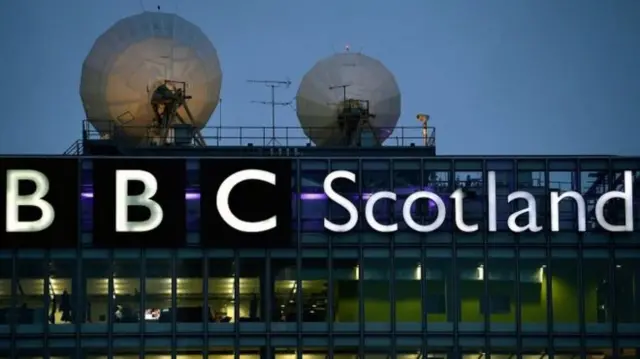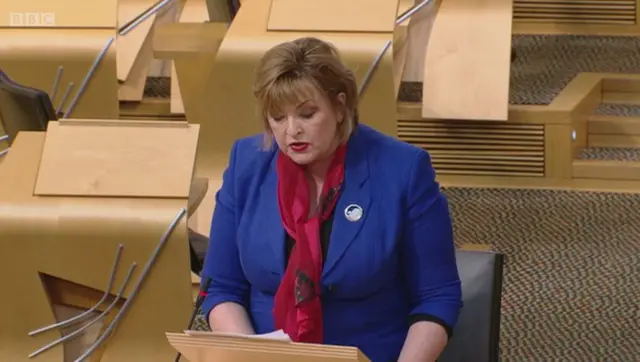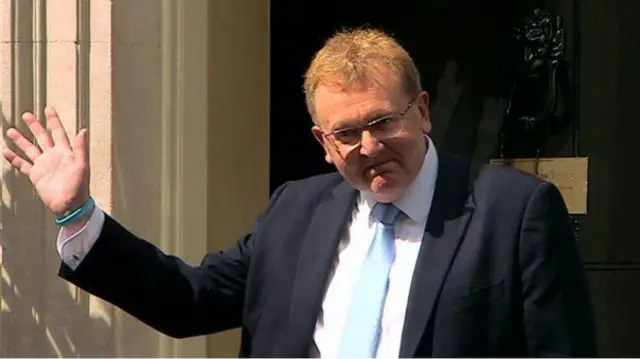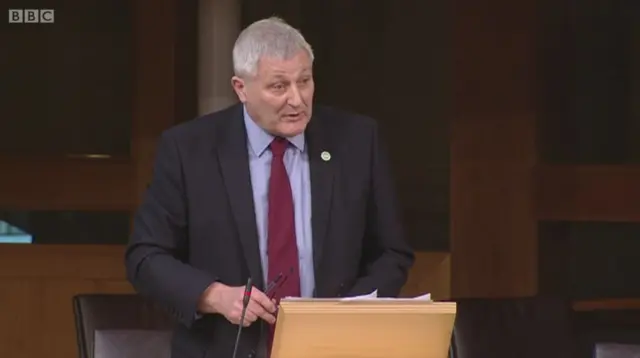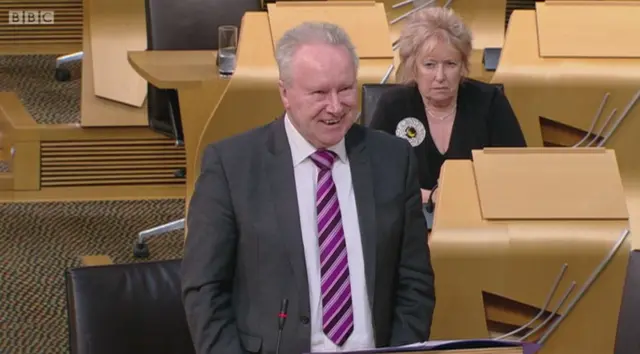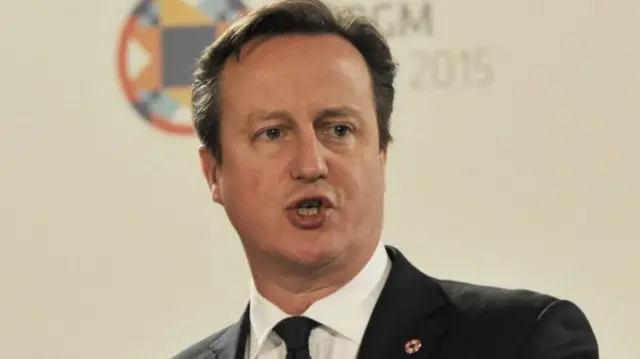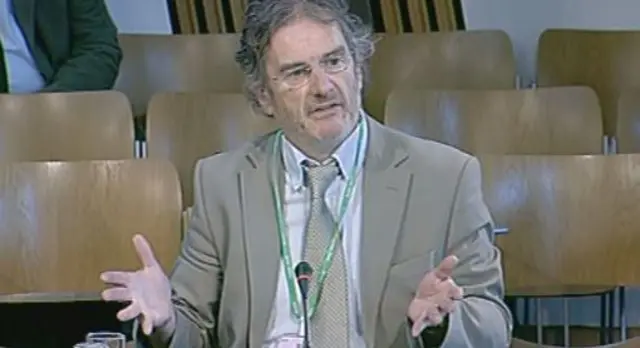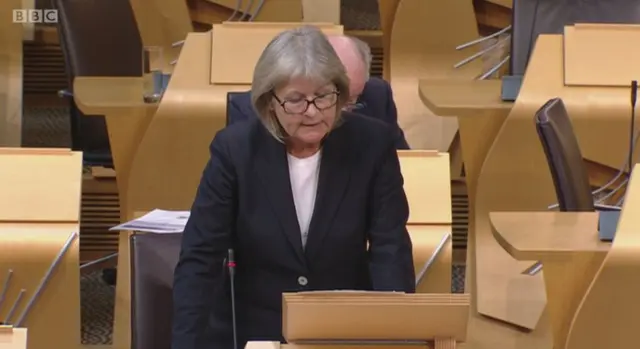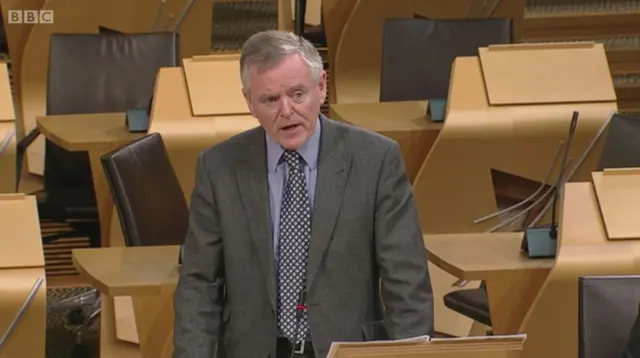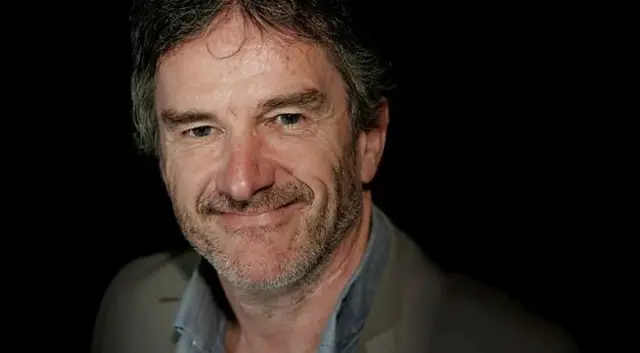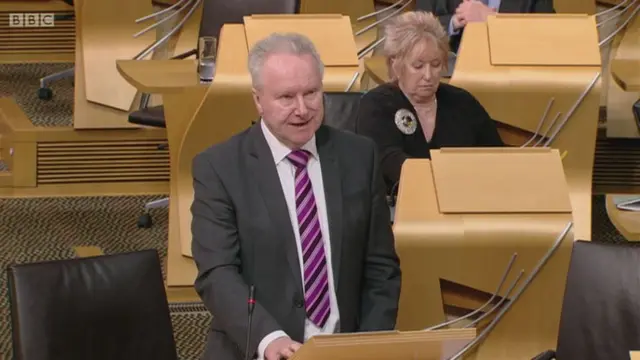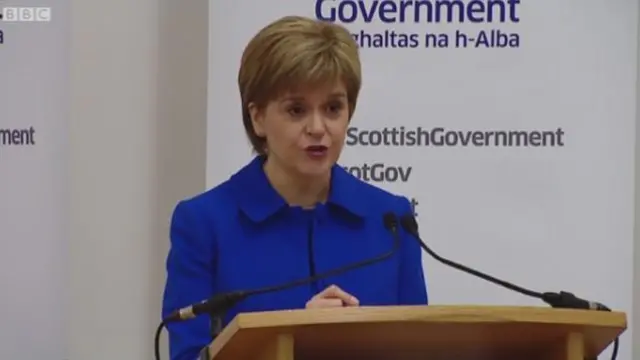Background: Why 2016 is an important year for the BBC?published at 16:01 GMT 23 February 2016
This year the BBC's Charter and Agreement will be renewed.
The charter is in effect the constitution by which the corporation is run.
It sets out the public purposes of the BBC and outlines the duties of the BBC Trust and the Executive Board.
Accompanying the charter is an official "agreement", detailing the BBC's editorial independence and its public obligations, which is established between the BBC and the UK government's culture secretary.
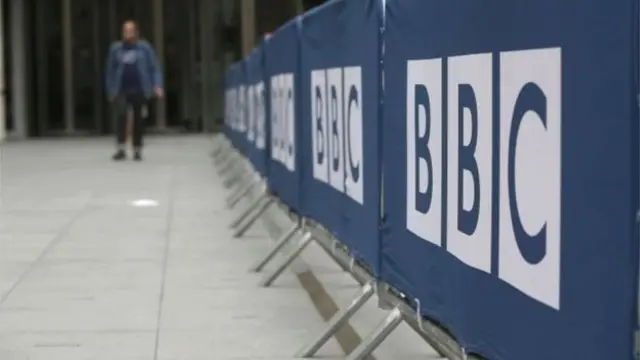
The current Royal Charter and Agreement came into effect on 1 January 2007 and are due to expire on 31 December 2016.
Ahead of renewal there will be months of discussion about the BBC's future, including what it should be doing and how it is funded.
The House of Commons, House of Lords and the UK's devolved parliaments will have their say, but it's the Commons that gives final approval.
